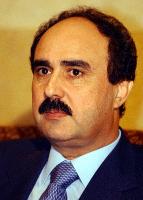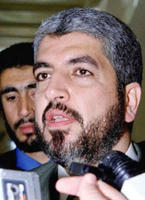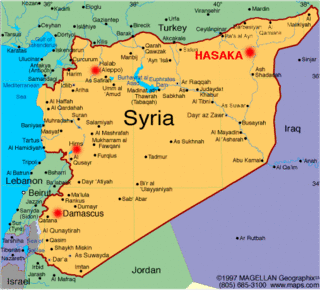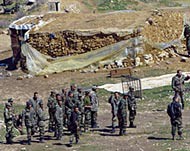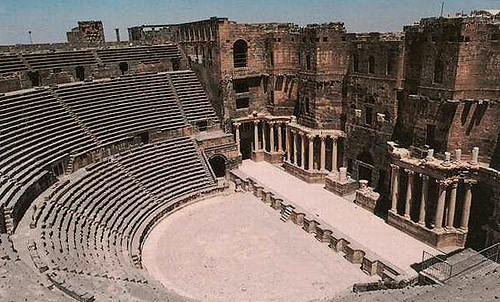300 women are cycling for peace across the Arab World. The international cycle ride starts on Sunday in Beirut and will enter Damascus later on Sunday.
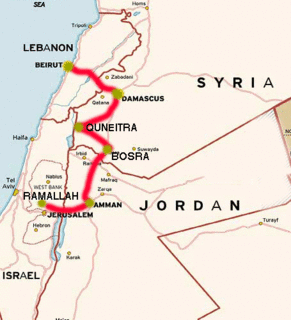 On Monday they'll set off for Quneitra in the Golan Heights. The Golan is Syrian territory, but has been illegally occupied by Israel for decades. In Quneitra they'll exchange messages of hope with Syrians living under occupation, as well as Israeli settlers on Syrian land.
On Monday they'll set off for Quneitra in the Golan Heights. The Golan is Syrian territory, but has been illegally occupied by Israel for decades. In Quneitra they'll exchange messages of hope with Syrians living under occupation, as well as Israeli settlers on Syrian land.
Then they'll pass through Bosra, the site of one of the world's best preserved Roman ampitheatres. Next, they'll visit Jordan, then it's on to Occupied Palestine. They'll end their journey in Ramallah.
In Beirut, they'll visit the Palestinian refguee camps of Sabra and Chatilla - the scene of the 1982 massacre where Ariel Sharon was responsible for the deliberate slaughter of 200 men, women and children.
"The main goal of the Women's Bicycle Ride is to support women. Women and children suffer more from wars than others and could make peace by raising awareness in society," said Mona Ghanem, chair of the Syrian Commission for Family Affairs.
The Syrian government, Syrian mobile phone company Areeba (94), and Women for Peace - a Swedish based organisation (Sweden has a high number of Syrian immigrants) have organised the cycle.
The 300 women from 34 countries aim to raise awareness of the plight of women in the Arab world. they hope to set up exhibitions and seminars after the cycle. The women are all members of Follow the Women, a pan-Arab group which campaigns to end violence in the Arab World.
They want women to play a greater role in decision making in the region, believing that will contribute to peace.













